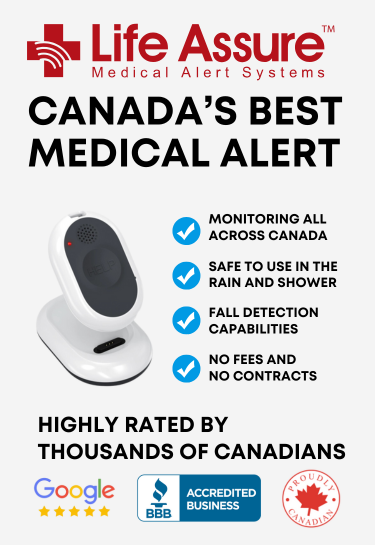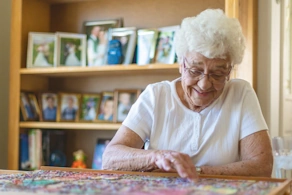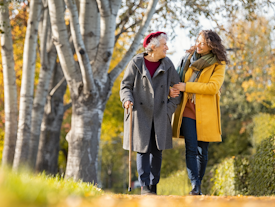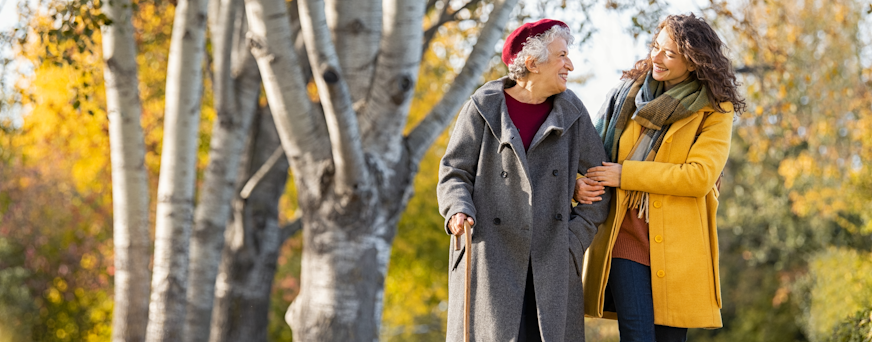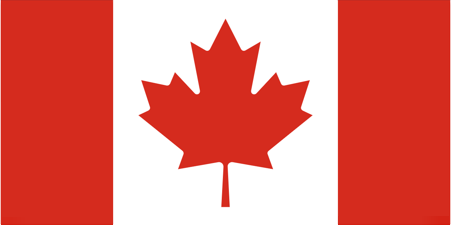Understanding Common Health Issues for Elderly and How to Manage Them
Generally, with the onset of old age, there are normal tendencies of bodily and mental alterations, which cause one to develop various ailments.
The elderly population, for example, is more vulnerable to creating not only physical health problems but also mental health problems as a result of the aging process.
It is relevant to get familiar with the most common health issues for elderly and ways for their primary prevention when one is aging. Effective conceptualization of chronic diseases helps improve life span, adequate function, and well-being.
Some of the specific challenges are categorical and relate to health challenges peculiar to seniors, which this article will outline and offer some management strategies.
Life Assure Product Quiz
Find The Perfect Medical Alert Device
Take our 30 second quiz and discover which Life Assure medical alert device is the right fit for you or a loved one.
Life Assure Product Quiz
Find The Perfect Medical Alert Device
Take our 30 second quiz and discover which Life Assure medical alert device is the right fit for you or a loved one.
Common Physical Health Issues for the Elderly & Management Tips
Here are some of the standard and well-known physical health challenges facing the elderly and some advice on how to deal with them.
Cardiovascular Health
Heart-related diseases are some of the major killer diseases among the elderly population in the global society.
Among these diseases are Hypertension (high blood pressure), coronary artery disease, heart failure, and strokes which are chronic diseases prevalent in the elderly. Old arteries become rigid and not flexible enough for blood to pass through, thus promoting heart challenges.
Management Tips:General recommendations for the heart include proper diets, lower intake of salty foods and fats, a certain level of exercise, and no smoking for the elderly.
Lung volume is lessened, and the immune system is also deteriorated. Therefore, the elderly fall into a higher category of respiratory ailments and breathing difficulties.
Musculoskeletal Issues
Other ailments experienced commonly include musculoskeletal ailments like osteoporosis, arthritis, and joint pain, which are also prevalent in seniors.
These conditions result in such features as limited independence in mobility, persistent pain, and increased likelihood of falls and fractures.
Seniors, for instance, are likely to break bones as they age because their bones lose their density while their muscles grow weak.
Management Tips:Musculoskeletal disorders can be prevented by encouraging the elderly to engage in weight-bearing exercises such as walking and strength training which will stimulate the bone and muscle mass and thus prevent the latter from getting weaker.
Calcium and vitamin D should be included in the diet for the sake of strengthening bones. Swimming or yoga along with regular practice of these sports is important for people who are suffering from arthritis or permanent joint pain and stiffness.
In addition medication and physical therapy may help with the management of severe cases.
Respiratory Problems
Some of the major health issues affecting older persons include chronic respiratory diseases, which entail COPD, asthma, and pneumonia.
Lung volume is lessened, and the immune system is also deteriorated. Therefore, the elderly fall into a higher category of respiratory ailments and breathing difficulties.
Management Tips:The prevention of respiratory illness is realized by reducing the outdoor factors that are harmful to the situation, such as the presence of cigarette smoke and air pollution.
The elderly are furthermore advised to take the vaccinations for the flu and pneumonia that ensure them to be out of risky respiratory infections.
Besides, lung training and breathing patterns can be methods to improve lung power, and furthermore, drugs may be required as the continuation of diseases like COPD.
Chronic Pain
Pain that does not subside is commonly experienced in elderly subjects, partly due to arthritis, peripheral neuropathy, and previous injuries.
Chronic pain can prevent a person from getting out of bed and doing some normal activities, which causes sleep deprivation. Besides, it brings about feelings of frustration and loneliness.
Management Tips:Exercises such as stretching, swimming, or a brisk walk may reduce pain since they increase flexibility and build muscles.
Interventions such as heat application, massaging, or relaxation exercises are also possible options for providing chronic pain relief.
Common Mental and Cognitive Health Issues for the Elderly and Management Tips
The following are some of the most common mental and cognitive health issues in seniors, together with how to deal with them.
Dementia and Alzheimer's Disease
The common forms of cognitive diseases observed in elderly persons are dementia and Alzheimer's disease.
These conditions lead to deteriorating memory, reasoning, and communication skills, which worsens daily activities. The worst form of memory loss disease is Alzheimer's, which is typically getting worse as time passes.
Management Tips:Unfortunately, dementia and Alzheimer's do not have a cure, but with the help of early diagnosis and then treatment, the symptoms may be controlled and the progress of the disease may be slowed down.
Numerous strategies can improve cognitive functions. These include cognitive therapies, medications, solving puzzles, etc.
Depression and Anxiety
Depression and anxiety are two conditions most elderly persons suffer from and yet go unnoticed. These triggers can be, for instance, loneliness, chronic ailments, bereavement, and other such conditions that are beyond anyone's control.
Depression-related signs may comprise sadness, pessimistic attitude, lack of energy, sleep, and eating disorders.
Management Tips:For any senior having any symptoms of depression or anxiety, he or she should consult a mental health care provider. These diseases can be treated by therapy, use of drugs, and joining support groups.
Getting out and talking to others, as well as other social activities, including hobbies and games, can also help alleviate one's mood and decrease feelings of anxiety.
Cognitive Decline
It is a usual sign of aging to have deterioration in cognitive abilities but if this deterioration is faster than it should be, it is often a result of a bad lifestyle or unmanaged diseases.
Older people may have issues of forgetting easily or may find it hard to focus or solve puzzles as they used to when they were young.
Management Tips:To prevent senior citizens from experiencing situations where they are unable to recognize people or even themselves, seniors should exercise, eat a balanced diet containing foods that contain antioxidants, and perform activities that challenge their minds.
Reading, learning new skills, or even participating in social activities can remind the brain of other skills and can help to keep the brain active and thus less prone to dementia.




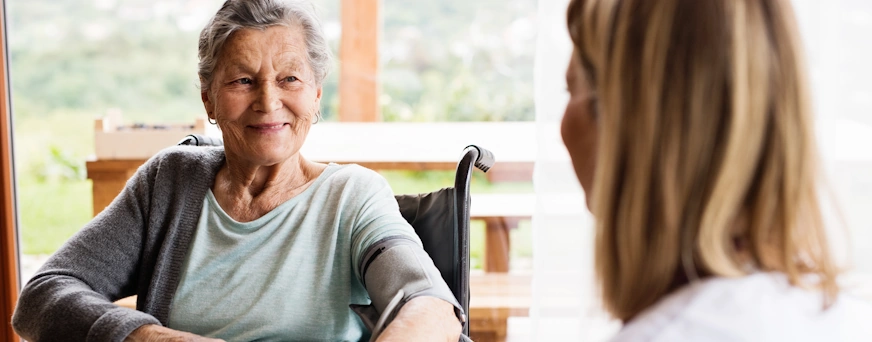
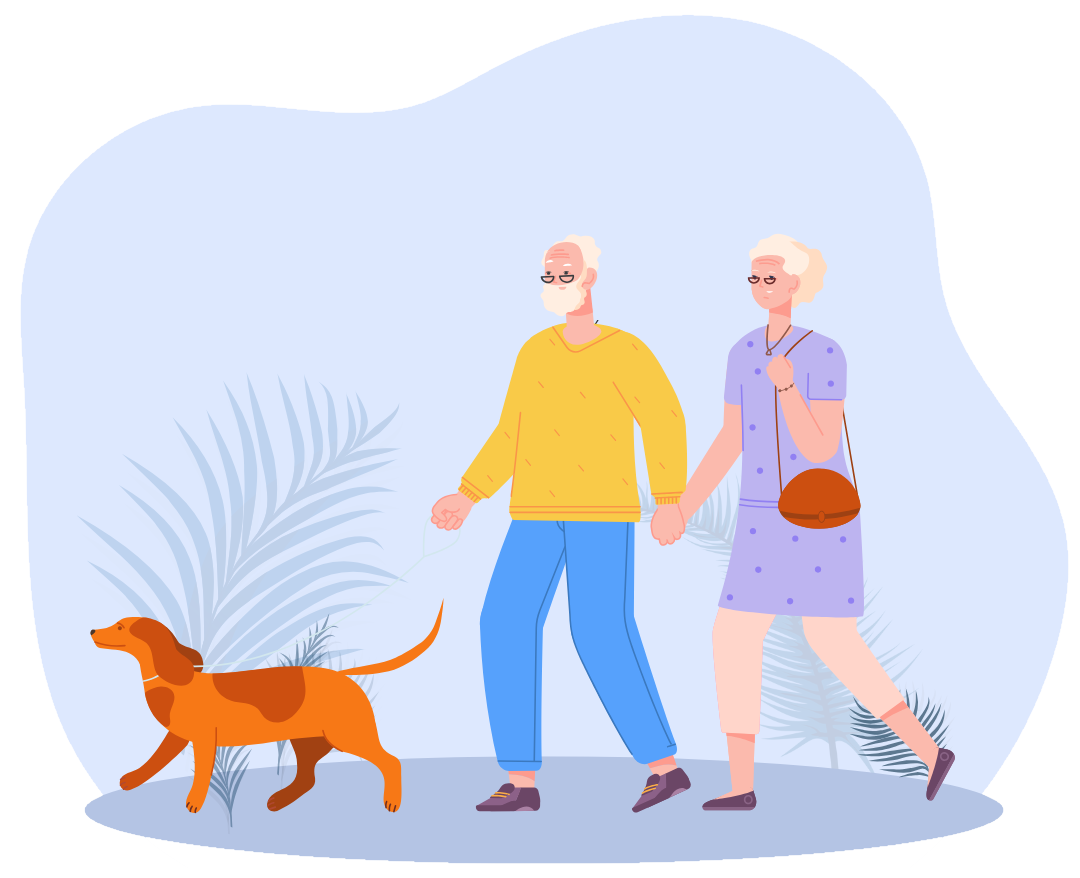
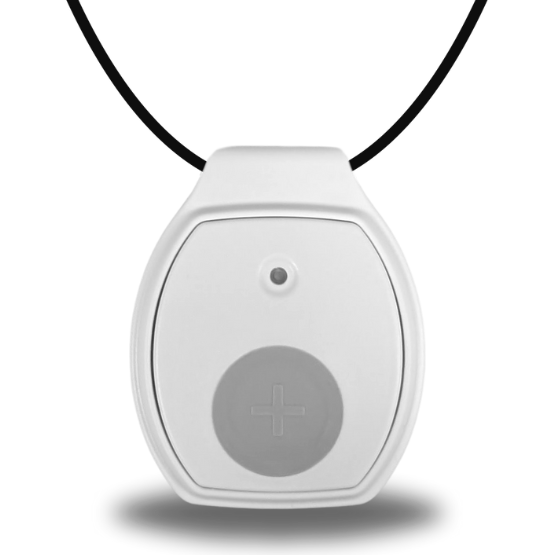




 Get Help With The Push Of A Button
Get Help With The Push Of A Button